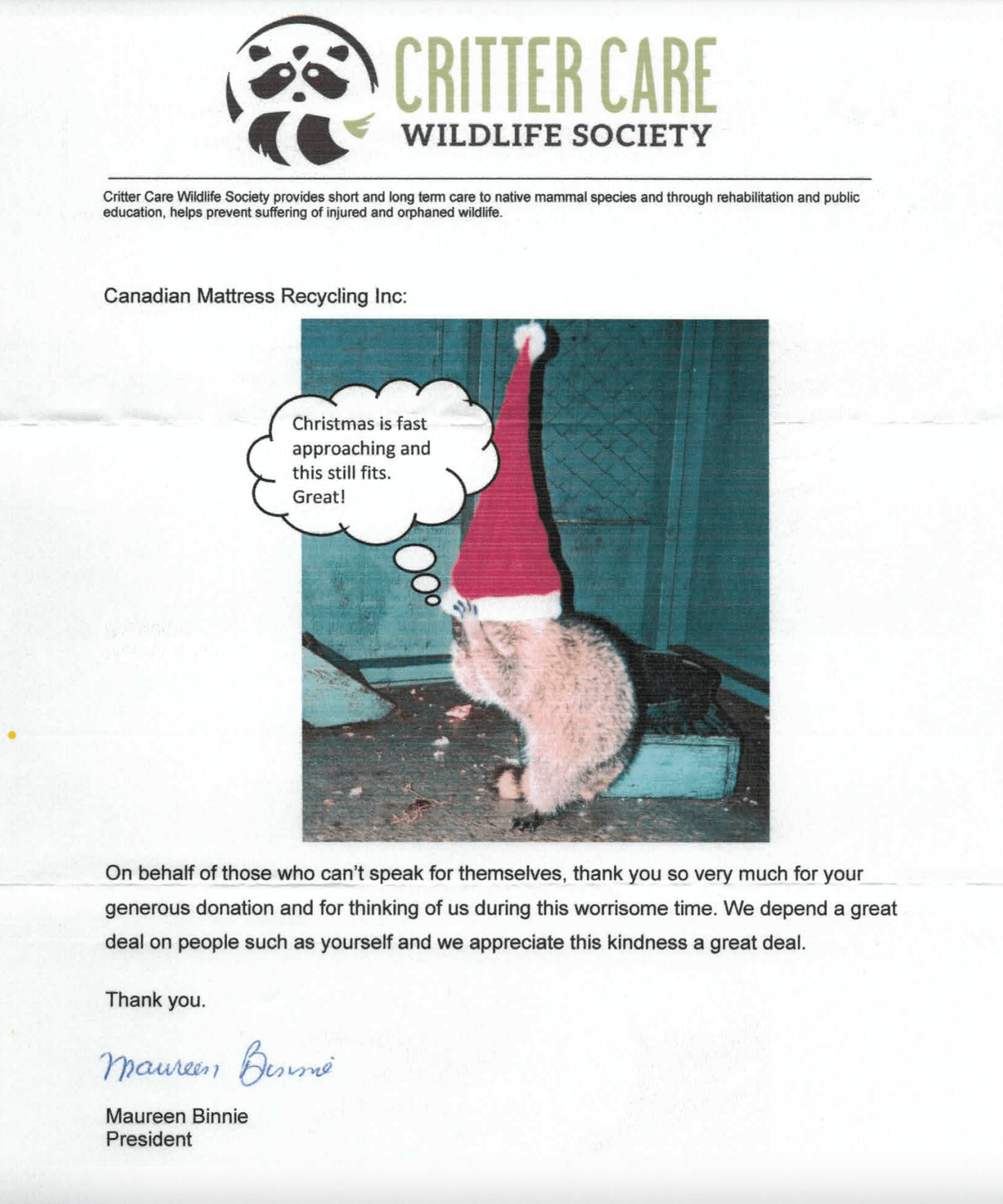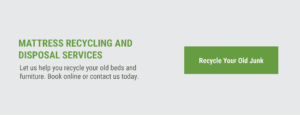Old junk, such as appliances, furniture, and mattresses can clutter up one’s home. When it’s time to do a deep clean, as people do a few times each year, the question becomes, ‘how do I dispose of old junk?’
For starters, many people choose to landfill their old junk. They either transport the items themselves to a dumpsite or transfer station, or hire a junk removal company to do it.
This may seem the responsible thing to do, but it actually may not be.
In fact, the items going into landfills such as these appliances and furniture can be recycled or repurposed. Materials such as rare metals and fabrics lose their value when dumped in landfills. However, if they’re recycled, these materials can be stripped apart, sorted, and used to create new products. Further, while the item may seem worthless to you after all these years, it may actually be very valuable to recycle and repurpose.
1. Recycle Your Old Junk
Often people think that trying to recycle everything creates stress in one’s already busy life.
Of course, when you’re a busy parent juggling work and childcare, recycling may be the last thing on your mind. Likewise, if your long work day leaves you tired, it’s understandable that you may not be in the mindset to dispose of your junk properly.
However, reusing, repurposing, and recycling has become more convenient these days for the average person.
Recycling Your Old Junk Can Actually Be Convenient
In cities like Vancouver, recycling can even be more convenient and cost effective than dumping junk in landfills.
Common junk such as old fridges, dishwashers, and laundry machines are some of the easier items to recycle. Many places take these items for recycling because the metal components can be traded and sold.

Likewise, another popular ‘junk’ item that can be recycled are mattresses. Mattress recyclers take care of old beds and bed frames so that they don’t end up in landfills.
At the very least, if recycling is out of the option, think about how you can repurpose the item.
2. Repurpose Your Old Junk
It can surprise people how often we mistake old junk for trash. Just because the item is worn or old, it doesn’t mean it’s trash. In fact, repurposing the item can spark new love for it, or at the very least make it decent enough to sell to someone else.
How to Repurpose Old Chairs
When a stain gets onto a chair cushion, you might think it’s impossible to fix. Therefore, the chair must get thrown out so you can buy a replacement. However, cushion stains can be cleaned using natural products. Or, you could swap out the cushion and use a removable one instead with a couple of DIY fixes.

Stop throwing away stained chairs: try replacing the cushion instead. (Mustard Seed Interiors)
Simply remove the cushion and add padding to the exposed area, and then add a separate chair cushion. Many chair cushions come in interesting patterns and colours, which could make the old chair seem new again.
Alternatively you can always reupholster the chair using some DIY techniques. This requires you to have some tools on hand, but the results can be extremely satisfying.

Reupholstered chair using thrift store fabrics (Six Dollar Family)
How to repurpose wooden furniture
People also have trouble reusing wooden furniture such as coffee tables and cabinets. Quite a lot of these items get landfilled each year. Thus, we have some solutions to reduce this unnecessary waste.
Repainting wooden furniture
Look at the new table or cabinet that catches your eye, and ask why you like it. We’re often attracted to particular colors, or we just have a preference for specific styles of finishes and handles. Whatever the reason is, we have some ideas on how to keep the old furniture out of landfills.
Sometimes, a new coat of paint for your old furniture can give it an entirely new look. Get inspiration about the colours you like from the new furniture you’ve been browsing. Then, simply head to the paint section of a department store for a colour match.
Purchase a new pail of paint in the color that you like and paint over your old furniture. You can also look into buying spray paint. If you spray paint your furniture, remember to disassemble it and cover the area evenly.

DIY Furniture Repurposing Ideas (Home Design Inspired)
Refinishing wooden furniture
An old cabinet may pose a more difficult challenge for repurposing. We recommend sanding down scratch marks using sandpaper. Work your way from a coarser grit to a finer grit paper, and to apply it across the entire piece of furniture. Then, either apply a coat of finish or paint. Even just swapping out the handles for something modern can make your old cabinets look brand new.

DIY Refreshing Cabinet Design With New Coat of Paint and Handles (Home Design Inspired)
Conclusion
It’s easy to slip into the mindset that any item we have no use for is ‘trash’ these days. Hence, our default action is to throw the item out at the local dump. However, taking a step back to figure out if the old junk is actually trash can keep unnecessary items out of landfills.
A lot of old junk can be easily recycled, from appliances to mattresses to furniture. Similarly, furniture such as chairs, tables, and cabinets can be easily repurposed to extend their shelf life. Instead of stressing out about recycling or landfilling furniture, simply give it a new coat of paint.
You’d be surprised at how quickly a fresh coat of paint on a coffee table or wooden cabinet can brighten up your living space, turning what was once old junk into something desirable. Likewise, changing the upholstered cushions on a chair can be more cost-effective than buying a replacement. At the very least, repurposing an item adds value to it, and will make it easier to sell online if you don’t need it anymore. After all, what you might consider junk could very well find a place in another person’s home!
Canadian Mattress Recycling Inc. is a mattress and furniture recycling centre based in Metro Vancouver. Our facility is open for drop-offs 7 days a week (cash only for drop-offs). We also schedule and pickup furniture and mattresses from residents across Vancouver and the Lower Mainland. Since 2011, we have recycled over 25 million lbs of materials that come through our doors. We take the recycling challenge seriously, working with residents and businesses to help them achieve their waste disposal goals.







